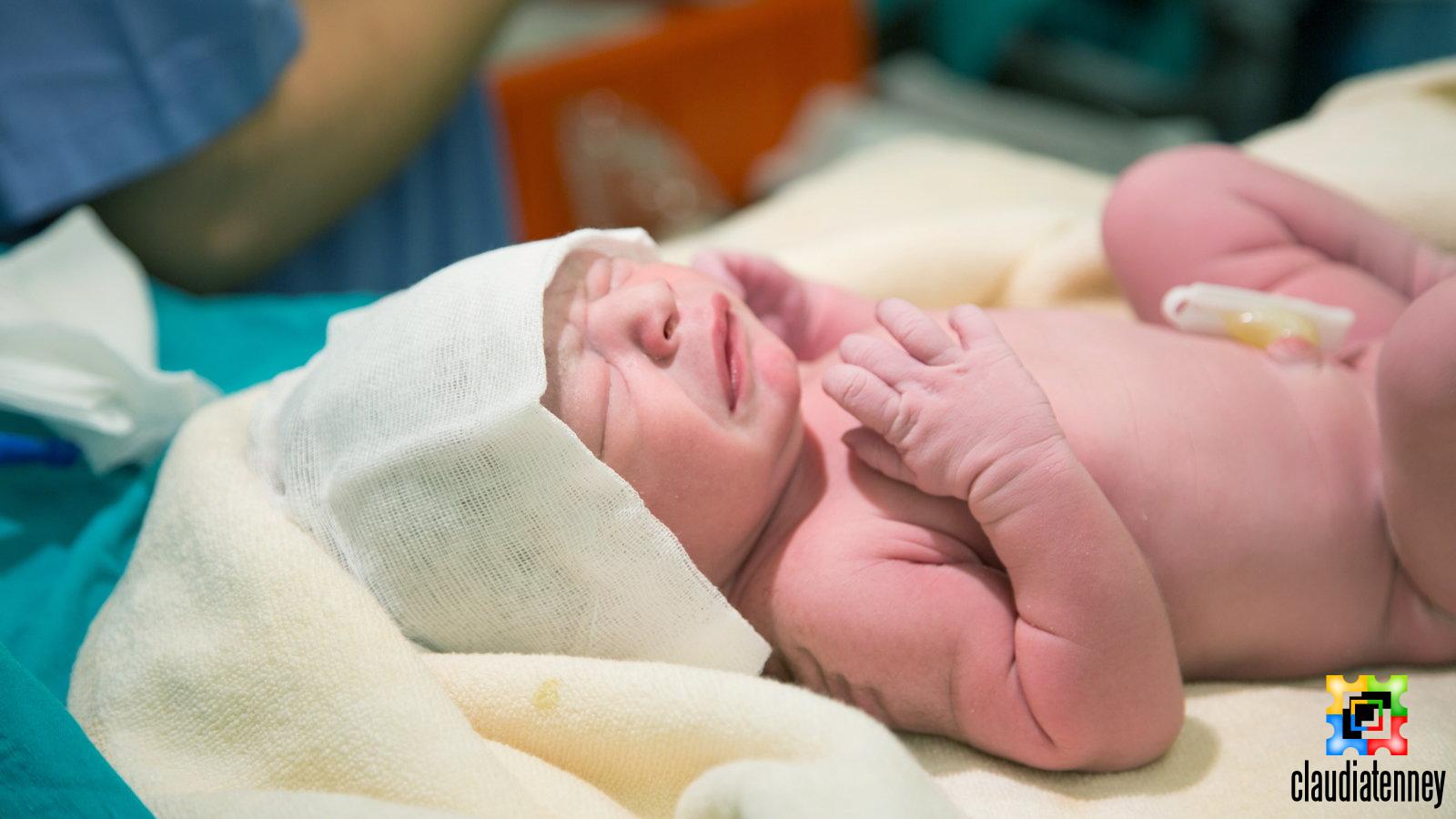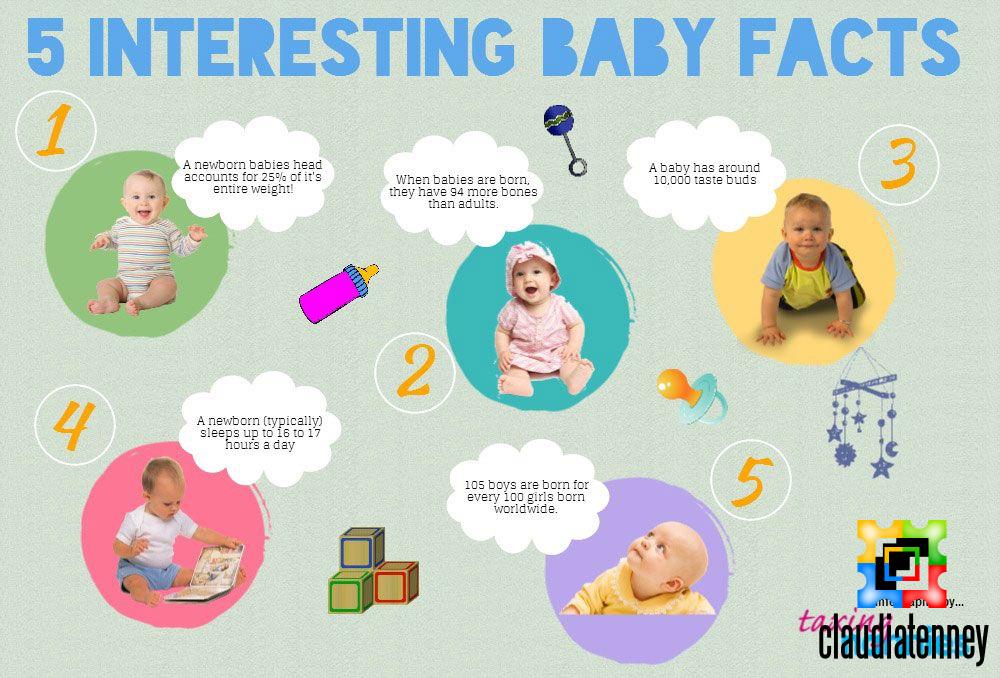Depending on your definition of a newborn, your baby may have been born as soon as one day or as many as three months. However, this depends on how long you have been breastfeeding. Your baby may not have developed a full set of reflexes or learned to speak yet, so if you are still breastfeeding your baby, you may have to wait a few more months before she is considered a newborn.
Changing diapers at a few months old
Changing diapers at a few months old is considered a newborn. This is because newborn babies have a small bladder and hold very little urine at one time. In fact, they may need as many as five wet diapers a day.
The American Pregnancy Association recommends changing a baby’s diaper every two to three hours. This is because newborns often pee or poop after every feed. However, if you’re breastfeeding, you may need to change the diaper more often.

Changing diapers at a few months isn’t a bad thing. Diaper changes are an opportunity for a parent to connect with their baby. They can also be an opportunity for learning.
Lifting their heads while lying on their stomachs
During the first few months of your baby’s life, he or she will have little control over their head. They will have jerky movements, respond to eye contact, and move in response to sounds. But the good news is that their muscles will gradually develop over the next few months.
By six months of age, your baby should have complete control over his or her head. This includes the ability to turn and lift it in different directions. During the first few months, your baby will need support from you to do these things.

To support your baby’s head during these early months, use your hands. You can also use a Boppy pillow to help cushion the baby’s fall. The pillow will also give your baby upper body support.
Developing reflexes
Developing reflexes when a baby is a newborn can be fun to watch. It’s important to remember that these reflexes are natural and don’t necessarily mean your baby is having a problem. If you have concerns, speak with your doctor. He or she will be able to test your child’s reflexes and discuss any concerns you have.
The rooting reflex is one of the most basic survival instincts a baby has. This reflex helps babies find a nipple to latch on to. It also helps them establish feeding.
Babies with a retained moro reflex often suffer from poor impulse control and may develop anxiety. They also have a hard time maintaining balance and can become motion sick.
Eating less frequently than breastfed
During the first few weeks of a baby’s life, they may be eating less than they would if they were breastfed. This is normal and does not mean that they are not getting the nutrients they need. The American Academy of Pediatrics recommends feeding newborns at least 8 to 12 times a day. This is a good idea because it is the most efficient way for a baby to consume food.
Newborns need to be fed at least 3 times a day in order to gain weight. This will help them reach a normal weight within five months. They may also need to eat more than once a day in order to increase their calorie intake.
Learning to communicate
Developing early communication abilities is a critical step in the development of language. These abilities help infants to generalize their responses to novel stimuli and learn about symbolic language cues. It is also a key step in enabling infants to use expressive communication to convey messages to others.
The early stages of communication development involve gesturing and listening. At this point, babies are beginning to recognize sounds and learn to name objects. In addition, they are beginning to use meaningful words and understand tone. These are crucial skills for language development and early school success.
Babies are also learning about social referencing, or the ability to recognize and respond to other people’s emotional cues. Typical infants develop these abilities by about 12 months of age.
Medications for babies with Down syndrome
Medications for babies with Down syndrome include treatment for heart defects and thyroid disorders. Some children may need surgery to correct problems with their neck or spine. Others may need to use hearing aids or glasses.
Down syndrome can cause blood disorders and immune system problems. Some people with Down syndrome are at an increased risk for developing cancer. A genetic counselor can help you understand your baby’s risk for this condition.
Most babies with Down syndrome have three copies of chromosome 21. In rare cases, a chromosome is missing or an extra chromosome is present. This is called trisomy 21. Down syndrome can be diagnosed through blood tests or ultrasound.



